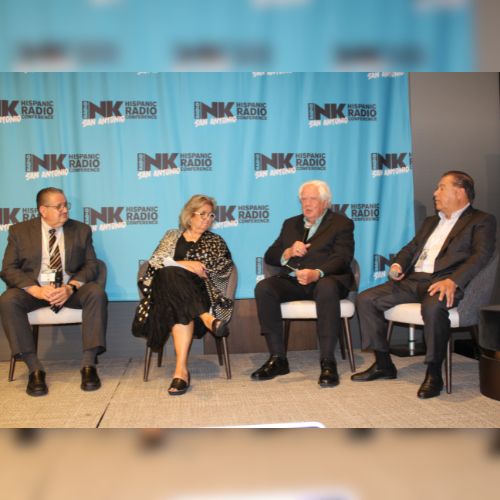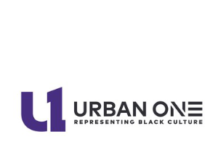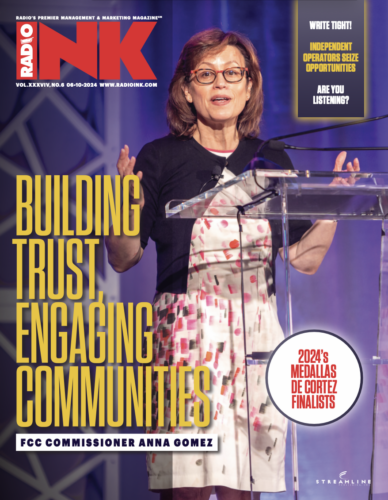
As the headlines have shown, the past year has been a major one for the radio industry on and around Capitol Hill. At Hispanic Radio Conference’s “Washington Update” a full panel of executives, legal eagles, and broadcast leaders tackled top DC issues one by one.
The panel, moderated by Frank Montero, Partner at Fletcher, Heald, & Hildreth, featured Ben Downs, Vice President and General Manager of Bryan Broadcasting; Paula Maes, President of the New Mexico Broadcasters Association; Matt Martinez, President of SDC Broadcasting Co., Inc. in Albuquerque and Las Vegas, New Mexico; and Alfredo Plascencia, President and CEO of Lazer Media.
The first key issue discussed was the AM For Every Vehicle Act. Ben Downs highlighted the significant lobbying efforts by the National Association of Broadcasters and state broadcast associations, noting that while there have been victories regarding AM radio’s inclusion in vehicles, the battle continues to ensure its sustained presence.
The discussion acknowledged the existential challenges radio faces if eliminated from the automobile, particularly with the rise of subscription models, favored by automakers for everything from heated seats to in-car entertainment.
The panelists then reviewed ongoing legal challenges related to Equal Employment Opportunity reporting requirements. The FCC recently voted to reinstate collection and reporting of Form 395-B, which requires broadcasters to disclose staff diversity data on race, ethnicity, and gender. This practice had been paused for two decades before its recent reinstatement.
This issue had been previously litigated in Texas on claims of infringements of First Amendment rights, contending that compulsory public disclosure of such data constitutes compelled speech that fails to meet the First Amendment’s strict scrutiny standard. Those concerns are being raised again in an ongoing lawsuit, with a pending NAB petition for reconsideration with the FCC as well.
An evergreen issue that drew considerable attention and audience participation was the advertising of marijuana-related products. The panel clarified the legal nuances, noting that while medical marijuana might see a Schedule 3 reclassification, other products like Delta-8 remain tightly regulated. The advertising of ingestible CBD products is prohibited, equating the illegality of such promotions on radio with that of billboards, which also face stringent restrictions, despite out of home advertisers not having to answer to the FCC.
The panel briefly touched on the implications of reinstating the Minority Tax Certificate, which has been proposed in Congress – a policy tool aimed at enhancing minority ownership in broadcasting, which could significantly impact Hispanic and other minority broadcasters.
Throughout the discussions, the importance of grassroots lobbying through state associations and individual stations was emphasized, underscoring the dynamic interplay between legislation, regulation, and media practices.






